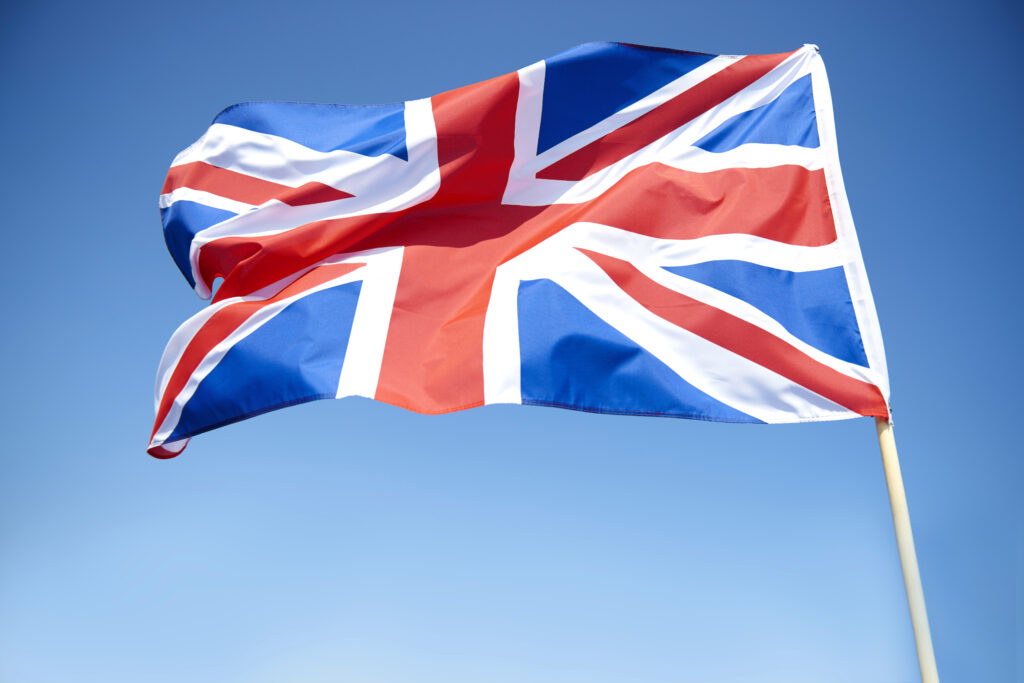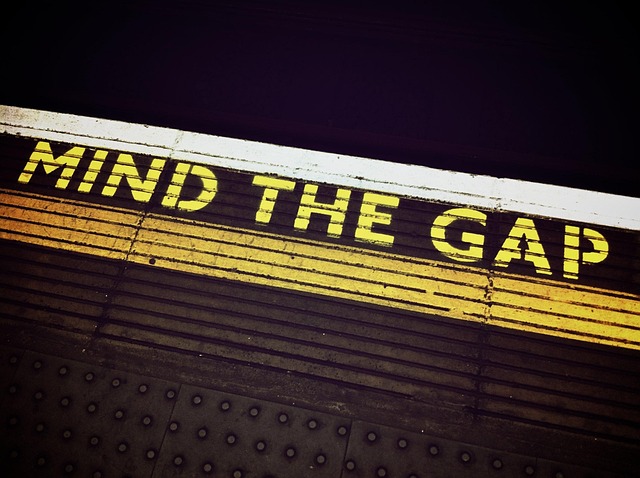Without realising it, we benefit from the exploitation of others in our everyday lives. Modern slavery is not a distant reality: tens of thousands of people in the United Kingdom live in exploitative conditions – despite legal measures such as the Modern Slavery Act. But why are we not able to protect these people effectively?
What is modern slavery? A collective term for various forms of exploitation
Modern slavery is a collective term for the illegal exploitation of people in various forms. A key feature is the violent control of one person over another for the purpose of economic exploitation. The affected person is usually unable to free themselves due to threats, violence, coercion, deception or abuse of power. Common to all forms of modern slavery is that those affected are deprived of fundamental freedoms, such as the freedom to accept or refuse work or to make their own decisions. Much of this exploitation takes place in secret.

Modern slavery manifests itself in many forms
- Debt bondage and forced labour: People commit themselves to work in order to pay off debts, whereby repayment is often made considerably more difficult by unfair conditions. This is the most widespread form of modern slavery.
- Human trafficking and forced prostitution: People are taken to other places against their will through violence, coercion or deception for the purpose of exploitation. Women and girls are particularly affected by human trafficking for the purpose of sexual exploitation, due to power imbalances and gender-based discrimination.
- Forced marriage: Marriages are arranged under duress, often to reduce economic burdens or pay off debts. In war zones, girls are abducted and forcibly married to combatants to demonstrate power. Minors are particularly at risk here.
- Hereditary slavery: The status of enslaved person is passed down from one generation to the next through the maternal line.
- Child slavery: Includes child trafficking, child soldiers, child marriage and domestic child slavery. About a quarter of all enslaved people are children.
- Domestic servitude: Domestic workers are exploited, for example by withholding identity documents and withholding the agreed wage.
Modern slavery in the United Kingdom: figures and laws

The United Kingdom is one of the most prosperous countries in the world and therefore has more resources to fight modern slavery. Nevertheless, according to the Global Slavery Index 2023, an estimated 122,000 people in the United Kingdom were living in modern slavery in 2021. This corresponds to a prevalence of 1.8 people per thousand inhabitants.
Although the UK is one of the countries with the lowest prevalence and is considered a pioneer in the fight against modern slavery, particularly through the Modern Slavery Act (MSA) of 2015, which is regarded as the world’s broadest government response to modern slavery, the problem persists. Changes to British immigration policy following Brexit even risk promoting discrimination against vulnerable people, thereby increasing the potential for modern slavery.
The Modern Slavery Act 2015: A significant step – but with weaknesses
The Modern Slavery Act (MSA) of 2015 is the first national law to explicitly address the concept of modern slavery. Its aim is to stem modern slavery in the United Kingdom. It combines various criminal offences such as human trafficking, forced labour and modern slavery and contains provisions for the protection of victims and the creation of an independent anti-slavery commissioner.
Section 54, Transparency in Supply Chains, is particularly relevant to transparency and prevention. This section requires companies operating in the UK that exceed a certain turnover to publicly disclose the measures they are taking to prevent modern slavery in their supply chains and in their own operations annually. This concept is based on the model of the California Transparency in Supply Chains Act.
The reality: where the MSA reaches its limits
Analyses based on reports from NGOs and human rights organisations have shown that the MSA has significant gaps that greatly affect its effectiveness.
The critical assessments in these reports provide deep insights into the challenges of implementation.
Identified weaknesses of the law are:
- Lack of transparency and public pressure in supply chains (section 54):
- Many companies only fulfil their reporting obligations incompletely or irregularly.
- There is no public list of companies affected by the law. This makes it almost impossible for NGOs, civil society organisations and the public to identify which companies are required to report and whether they are complying with their obligations. As a result, there is a lack of potential public pressure on non-compliant companies.
- The quality of the reports varies greatly. They are often not very informative and contribute little to education or prevention.
- The MSA does not set specific minimum requirements for the content of the reports, so they can be produced formally but without substantial value.
- There is a lack of effective control mechanisms and sanctions for violations.
- Inadequate support and protection for victims (Section 5):
- Access to compensation payments is associated with considerable hurdles.
- Financial assistance for victims has been reduced (from £65 to £37.75 per week), which increases the risk of re-exploitation.
- Existing support programmes are often inadequately funded and do not sufficiently take gender-specific issues into account.
- Access to housing and long-term livelihood security is severely restricted for victims.
- Support often ends too early, before sustainable stabilisation can be achieved. Many victims lose support too early and become vulnerable to exploitation again.
- A lack of knowledge about modern slavery has a negative impact on victim support. Identifying victims requires trust and support; measures such as immigration controls destroy trust and are not victim-centred.
- Financial resources and administrative capacity:
- The United Kingdom has one of the worst-equipped labour inspectorates in Europe. An underfunded labour inspectorate cannot effectively prosecute labour law violations and encourages the exploitation of people. Investment in proactive and effective labour inspection is necessary to support the fight against modern slavery.
- Interactions with other laws and counterproductive measures:
- Provisions such as the offence of ‘illegal working’ in the Immigration Act 2016 make it difficult to identify and support victims.
- Policies such as the so-called ‘hostile environment’ policy promote fear of the authorities and make it difficult for those affected to seek help.
- Such measures increase vulnerability to exploitation and undermine key objectives of the Modern Slavery Act.
- Some employers and landlords refuse to interact with foreign nationals for fear of criminal sanctions, which increases insecurity among migrant workers and makes them more vulnerable.
A law with gaps

The UK Modern Slavery Act provides an important legal framework in the fight against modern slavery. Nevertheless, the reports analysed show that there are significant gaps between the law’s intention and its actual impact. These include a lack of public pressure, a lack of control and specific requirements, poor compliance with the law, poverty, a lack of financial resources, insufficient and short-term support, counterproductive laws, a lack of knowledge and a lack of confidence in identifying victims.
For the sections mainly covered in the examined reports – in particular prevention orders, victim protection and transparency in supply chains – this gap appears to be so large that these parts of the law are severely limited in their intended effect and in some cases appear to be inadequate or even pointless.
Only by consistently closing these gaps can the protection of victims be improved and the fight against modern slavery in the United Kingdom be sustainably strengthened.
Translated by Anna Smith
#ModerneSklaverei #VereinigtesKönigreich #ModernSlaveryAct #Zwangsarbeit #Menschenhandel #Zwangsheirat #Kindersklaverei #Lieferkettengesetz #Menschenrechte #Ausbeutung #AntiSklavereiGesetz #UK #GlobalSlaveryIndex #Opferunterstützung #Transparenzpflicht #AgainstHumanTrafficking #GegenMenschenhandel #EndExploitation #EndTrafficking #HopeForTheFuture #Österreich
